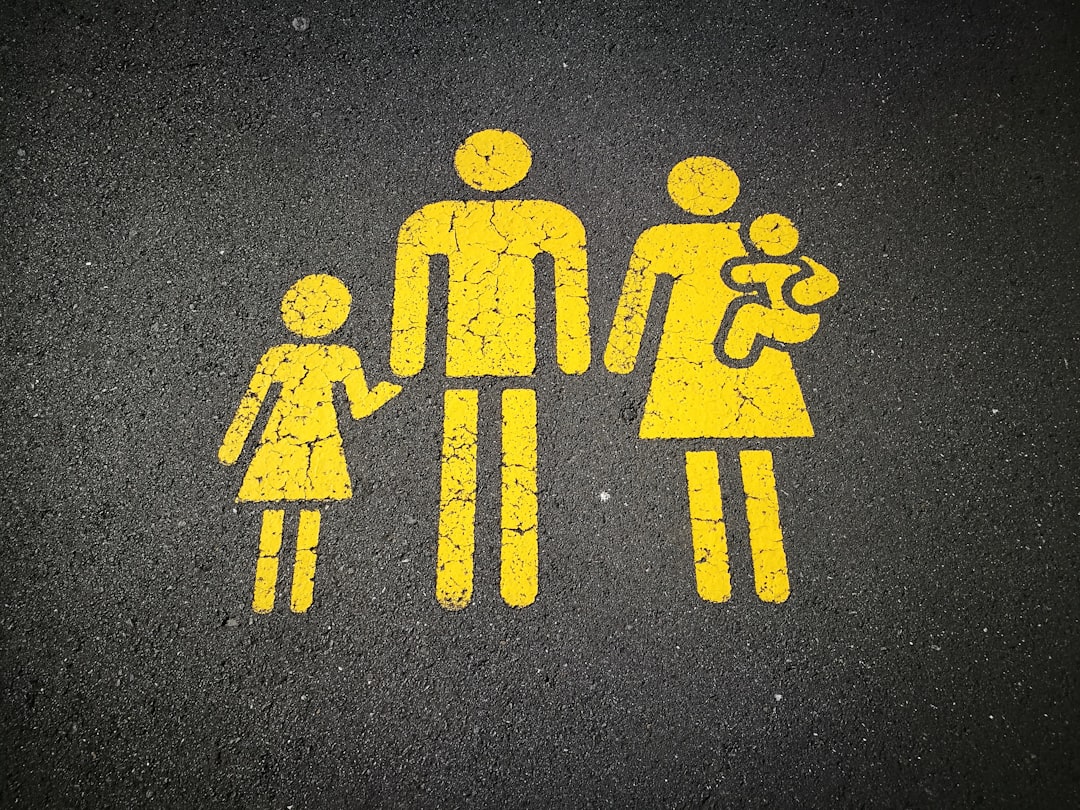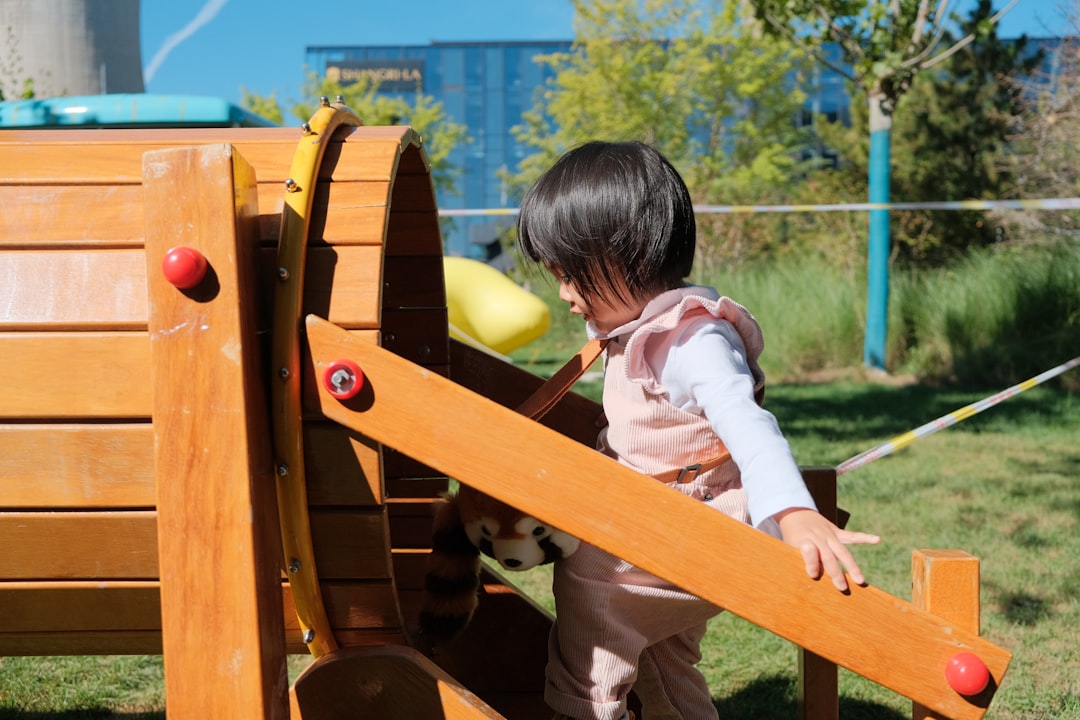Early childhood development (ECD) is a critical phase of human growth that shapes the trajectory of an individual’s physical, cognitive, emotional, and social capacities. It encompasses the period from birth to eight years of age, where each experience and interaction can significantly influence a child’s lifelong learning, health, and behavior. Understanding the nuances of ECD is essential for parents, educators, and policymakers to create environments that ensure every child reaches their full potential.
The Cornerstone of Cognitive Development
The brain undergoes its most rapid growth during the first three years of life, making cognitive development a cornerstone of early childhood. Activities that stimulate a child’s senses and provoke thought, such as interactive reading or problem-solving games, are crucial during this period. Providing a rich language environment, for example, by talking and reading to the child, significantly boosts vocabulary acquisition and cognitive skills that form the foundation for later academic achievement.
Emotional and Social Milestones
Emotional and social developments are deeply intertwined in early childhood. Children learn to interpret their emotions and understand others’ feelings through interactions with caregivers and peers. Secure attachments formed with parents and caregivers foster confidence and provide a base for exploring the world and forming further relationships. Encouraging children to play and interact with others also cultivates essential skills such as empathy, sharing, and cooperation.
The Role of Physical Health in Early Development
Physical health significantly impacts early childhood development. Nutritious food, physical activity, and adequate sleep are fundamental for proper brain development and the growth of motor skills. Regular health check-ups are crucial to prevent and treat illnesses that can adversely affect a child’s development. Moreover, creating safe environments for children to explore and play is critical to support the natural curiosity and mobility that drive early learning.
The Impact of Early Education
Early childhood education programs offer structured opportunities for cognitive, social, and emotional learning. High-quality preschools provide environments where children can gain essential academic and life skills. These programs are particularly beneficial in leveling the playing field for children from underprivileged backgrounds, offering them the social, cognitive, and emotional support they might not receive at home.
Parental and Community Engagement
The role of parents and the wider community in early childhood development cannot be overstressed. Parental engagement, such as spending time interacting with children and being responsive to their needs, directly influences their social and emotional security. Community resources like libraries, parks, and community centers provide enriching experiences that support ECD. Furthermore, community-driven initiatives can ensure that all children, regardless of their socio-economic status, have access to quality development opportunities.
The journey of early childhood development is complex and multifaceted, requiring the concerted efforts of individuals, families, and communities to ensure that every child has the best start in life. By investing in the earliest years, we pave the way for a brighter, more resilient generation.




